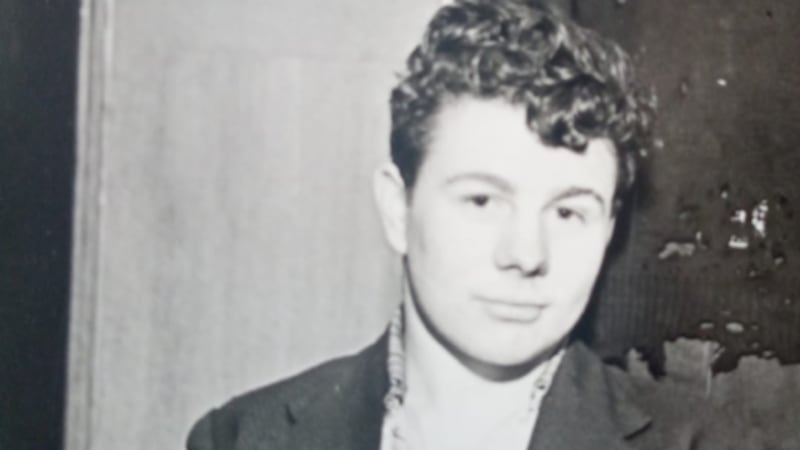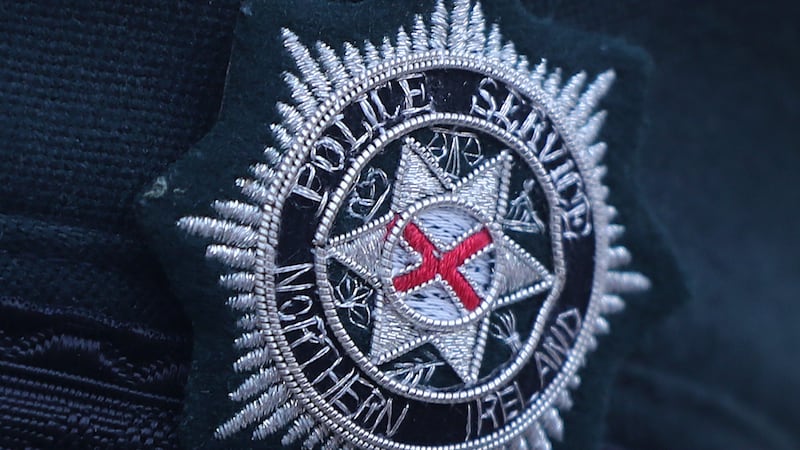My Da, Patrick McKinstry, was born in the village of Linwood just outside of Glasgow but his family came from west Belfast.
His dad, Danny, had moved to Scotland in the 1920s in search of work, having found it hard to secure meaningful employment at home because he was a Catholic, trade unionist and active in the socialist movement.
Like many of the Glasgow-Irish, Da maintained strong connections with Ireland and spent a lot of his youth cycling across the island. He said one of his happiest memories was cycling up McKinstry Road in Belfast with his mates the summer before he was due to start an apprenticeship in the steelworks in Glasgow.
Like his father, he became active in the trade union movement during the post-war period. He was acutely aware of the discriminatory practices against Irish Catholics in the west of Scotland and fought against this, helping secure employment for fellow Irishmen despite the strong opposition he faced from many Scottish workers and employers. This dogged determination was recalled at his funeral, where many men came to me to thank Pat for fighting for them.
At his wake, an old workmate told how went into Da’s local pub to buy him a drink to thank him for getting him a permanent job at the predominantly Protestant steelworks. He said: “Pat, thanks so much for getting me the work, I always thought you didn’t like me.” My Da replied: “I don’t, but you’ve a wife and weans to keep – stick to the pints and stay off the whiskey.”
That was the measure of Patrick McKinstry – there were bigger things in life than personal differences.
During the fifties and sixties in Scotland, Irish Catholics were discriminated against not just in the workplace but in wider society, being excluded from golf clubs, bowling clubs and social clubs.
Never to be deterred, Pat was an integral founding member of the St John Ogilvie social club, which provided a badly-needed haven for those excluded from much of the social world of post-war west of Scotland. He and my Ma, Brenda, danced there every Saturday night for 50 years.
He was acutely aware of the discriminatory practices against Irish Catholics in the west of Scotland and fought against this, helping secure employment for fellow Irishmen despite the strong opposition he faced from many Scottish workers and employers
When the Troubles broke out in Northern Ireland, he subtly taught and guided his children about the issues at hand and continually discussed the civil rights of Catholics living in the north. Some of his talks must have rubbed off on me, as I did my PHD on civil rights and became an active trade unionist and writer for the Scottish Left Review. It would seem that Irish blood runs strong.
We were lucky as a family to be able to keep Da at home until the last two weeks of his life. Whilst holding vigil near the end, we talked about things big and small, and when I asked him where he would like to go again, he said would like to go up McKinstry Road.
Well, Da, you got your wish – your ashes now are scattered on the road. I will follow you up McKinstry Road in good time.
Your son, David.


